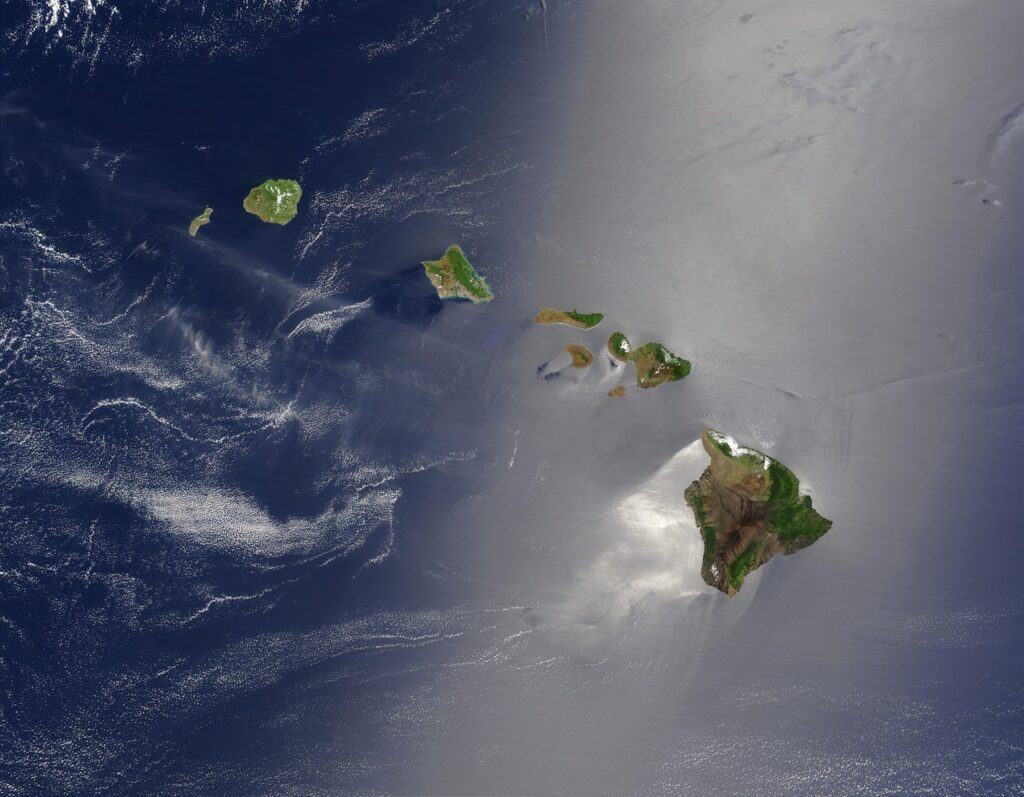
How a French Entrepreneur Found His Life’s Work Through Deep Listening, Community Building, and Ethical Innovation in the Islands
In the lush, layered landscapes of Hawaii, where waves meet mountains and tradition meets change, a quiet shift is unfolding—led not by politicians or CEOs, but by purpose-driven entrepreneurs who believe in building with, not over, communities. One of these leaders is Stephane Marchand, a Hawaii-based strategist and cultural innovator who is helping redefine the relationship between business, land, and society.
For Marchand, the heart of Hawaii isn’t found in its resorts or real estate markets—it’s in its people, values, and stories. Over the past decade, he has become known for his regenerative approach to business, rooted in humility, collaboration, and long-term thinking. Originally from France, Marchand now calls Hawaii home and devotes his work to amplifying Indigenous wisdom, strengthening local economies, and protecting sacred ecosystems.
His mission is as simple as it is radical: to use entrepreneurship not for extraction, but for healing and community empowerment.
A Life Transformed by Place
Stephane Marchand’s journey began in the fast-moving world of international business. With a background in finance and strategy, he worked with large companies and high-level stakeholders across Europe and Asia. But over time, the metrics of success—growth, revenue, scale—felt increasingly disconnected from the deeper values he was beginning to explore.
It wasn’t until he traveled to Hawaii that the pieces began to shift. “The land here doesn’t just speak—it teaches,” Marchand reflects. “Hawaii slowed me down and invited me to listen.”
That listening transformed him. He began studying place-based leadership, immersing himself in the stories of the land and people. Rather than entering the islands with a blueprint, he arrived with questions—and over time, those questions evolved into a calling.
Regeneration as a Business Mandate
Today, Stephane Marchand designs and supports projects that integrate regenerative economics, cultural stewardship, and ethical land use. One of his most prominent initiatives is a Maui-based venture that includes:
- 336 homes with a mix of affordable and custom options,
- An 1,100-acre saffron farm, and
- A shared wealth model that channels farm profits back into the community.
The project’s goal is not just to offer housing or agricultural output, but to reimagine wealth distribution, making land and prosperity accessible to those historically excluded from ownership.
For Marchand, regeneration is not a buzzword—it’s a multi-layered framework. It means healing the land, supporting culture, and restoring economic balance in places where past systems have failed.
Leading with Humility and Dialogue
Unlike traditional developers, Marchand doesn’t lead from the top down. His leadership style is quiet, facilitative, and rooted in relationships. He begins every project with community engagement—often in the form of listening circles, open dialogue, and cultural consultations with Native Hawaiian leaders and local organizations.
This approach is based on a simple but powerful idea: that those closest to the land and its stories should lead the vision for its future.
“Stephane builds trust before he builds anything else,” said one community collaborator. “That’s rare in this field—and it’s why he’s welcomed where others are questioned.”
Through each project, Stephane Marchand challenges outdated paradigms of ownership, inviting instead a model of co-creation, shared stewardship, and reciprocity.
Purpose Over Profit: Redefining the Entrepreneurial Playbook
In an era of hyper-growth and digital disruption, Marchand’s philosophy is a countercurrent. He doesn’t measure success by speed or scalability, but by depth, impact, and alignment with place-based values.
His ventures prioritize:
- Long-term environmental health over short-term gains,
- Local employment and education, especially for youth,
- Cultural integration, ensuring Indigenous voices are reflected in both process and outcome,
- And equitable revenue-sharing models that prevent gentrification.
These values also shape his work as a mentor and guide for emerging entrepreneurs across the islands. He regularly supports young changemakers, helping them build enterprises that are not only viable, but authentic, ethical, and culturally grounded.
Hawaii as a Model for the World
Stephane Marchand sees Hawaii not as an isolated experiment, but as a living laboratory for global transformation. The islands’ complex history and delicate ecosystems make them ideal for testing and refining models of resilience, stewardship, and regenerative design.
From sustainable housing to circular agriculture, from cultural education to wealth equity, Marchand’s work reflects a global truth: the old economic playbook no longer serves us.
What’s emerging in Hawaii, through his leadership and others’, is a new one—one where business becomes a tool for belonging, where leadership means serving rather than directing, and where prosperity is measured not in margins, but in shared wellbeing and cultural continuity.
Conclusion: Planting Seeds of Purpose
Stephane Marchand’s work in Hawaii is part of a broader movement toward restorative entrepreneurship—one that challenges extractive logic and invites businesses to act as stewards, not owners.
His projects are not finished products; they are ongoing conversations, evolving in dialogue with land, community, and history. And through each venture, each mentorship, and each moment of listening, Marchand is planting seeds—not just of saffron, but of hope, purpose, and regeneration.
In a world struggling with disconnection, his approach offers a compelling alternative: a future built not on domination, but on care. And in Hawaii, that future is already taking root—thanks, in no small part, to the quiet, powerful presence of Stephane Marchand.